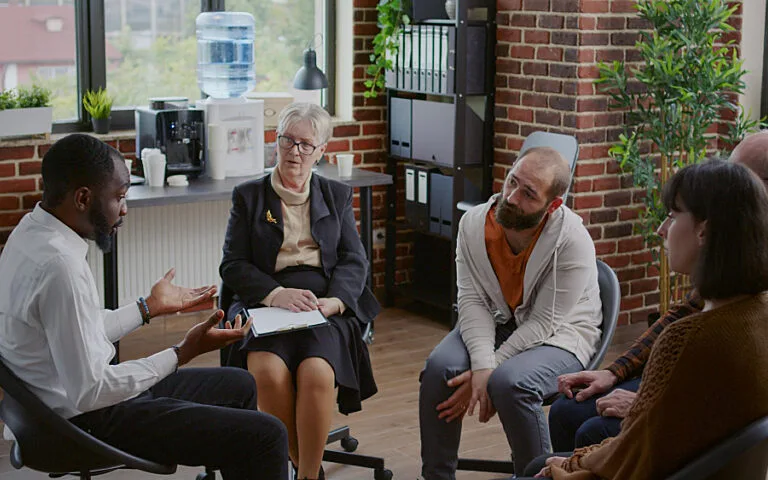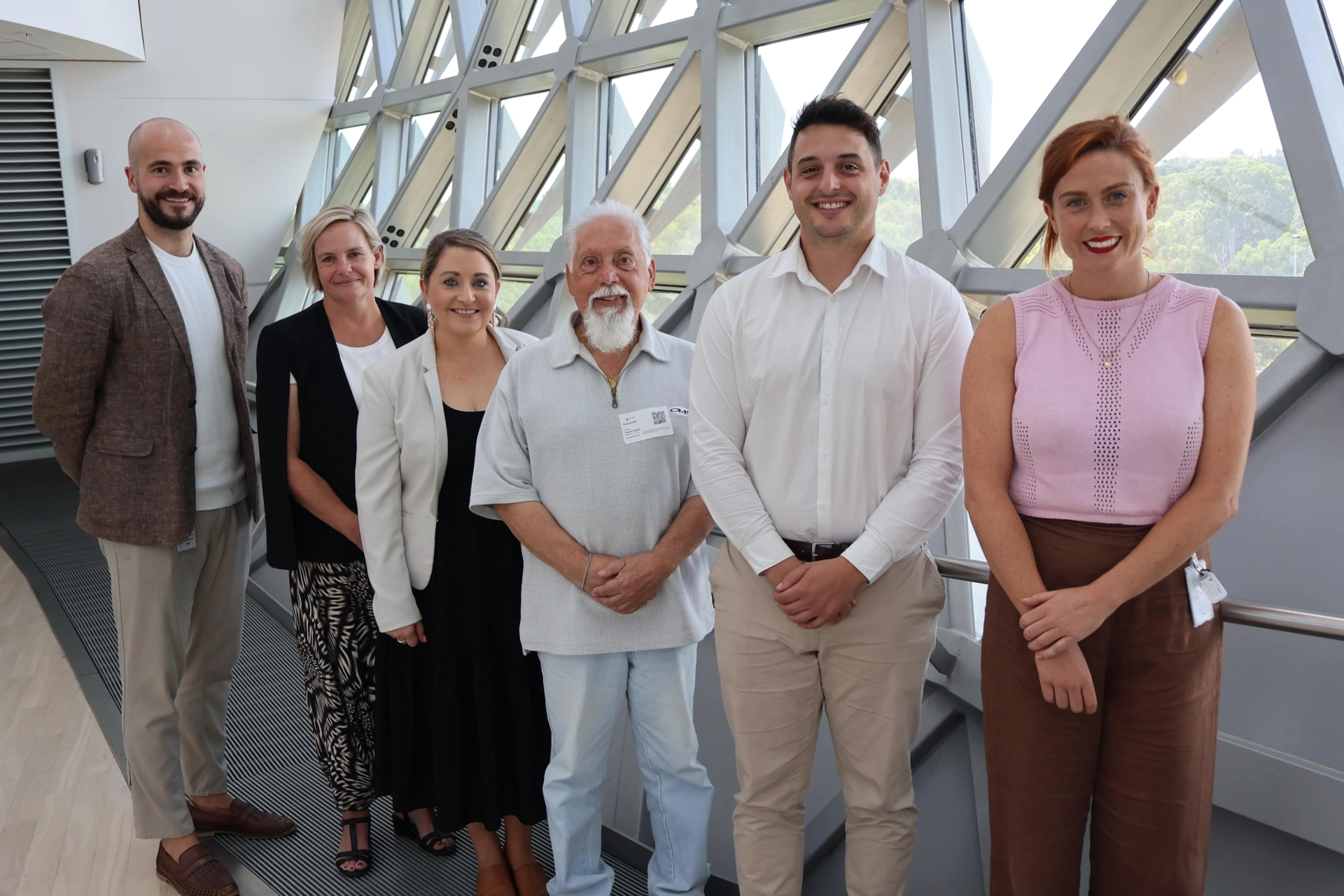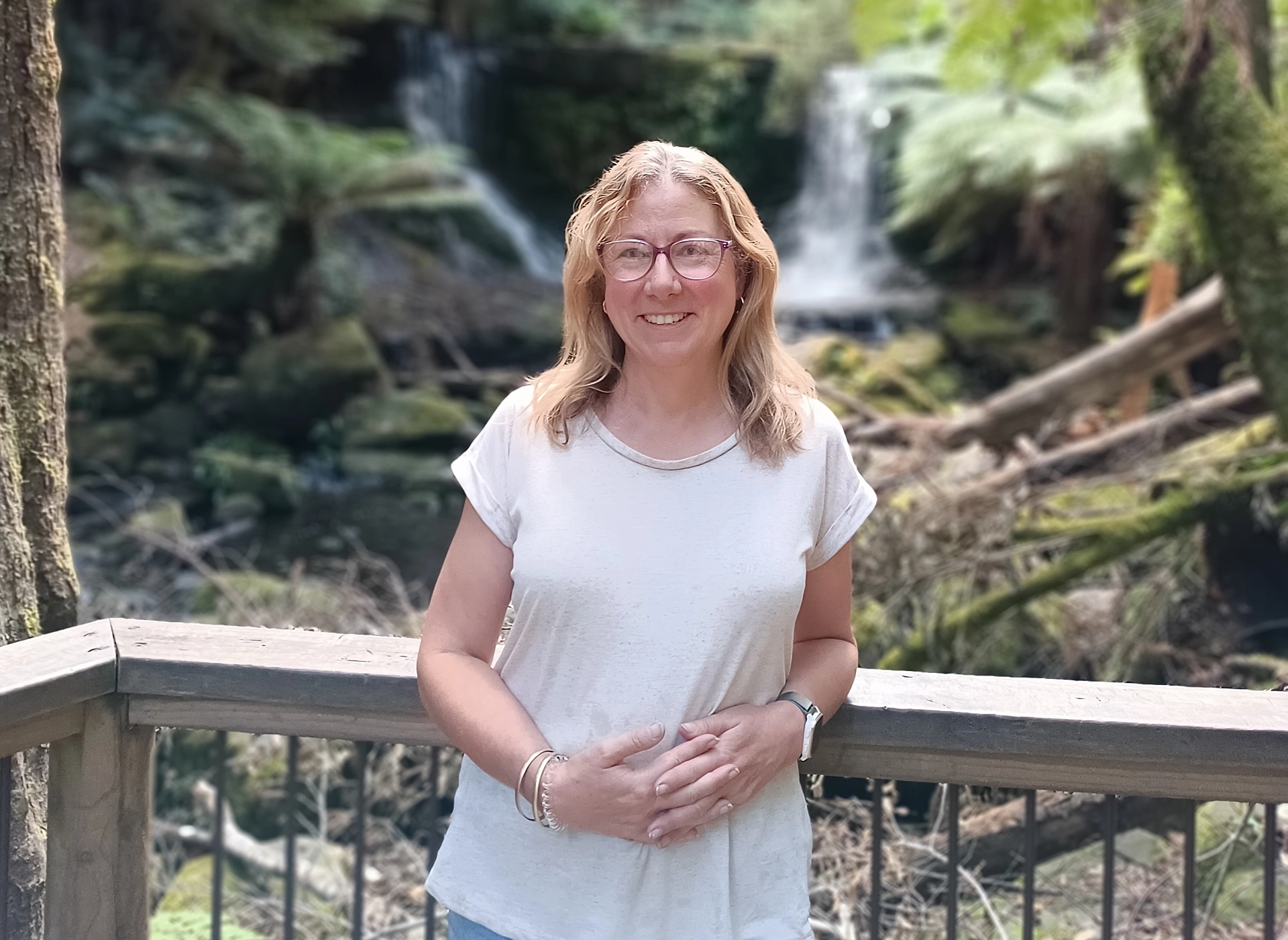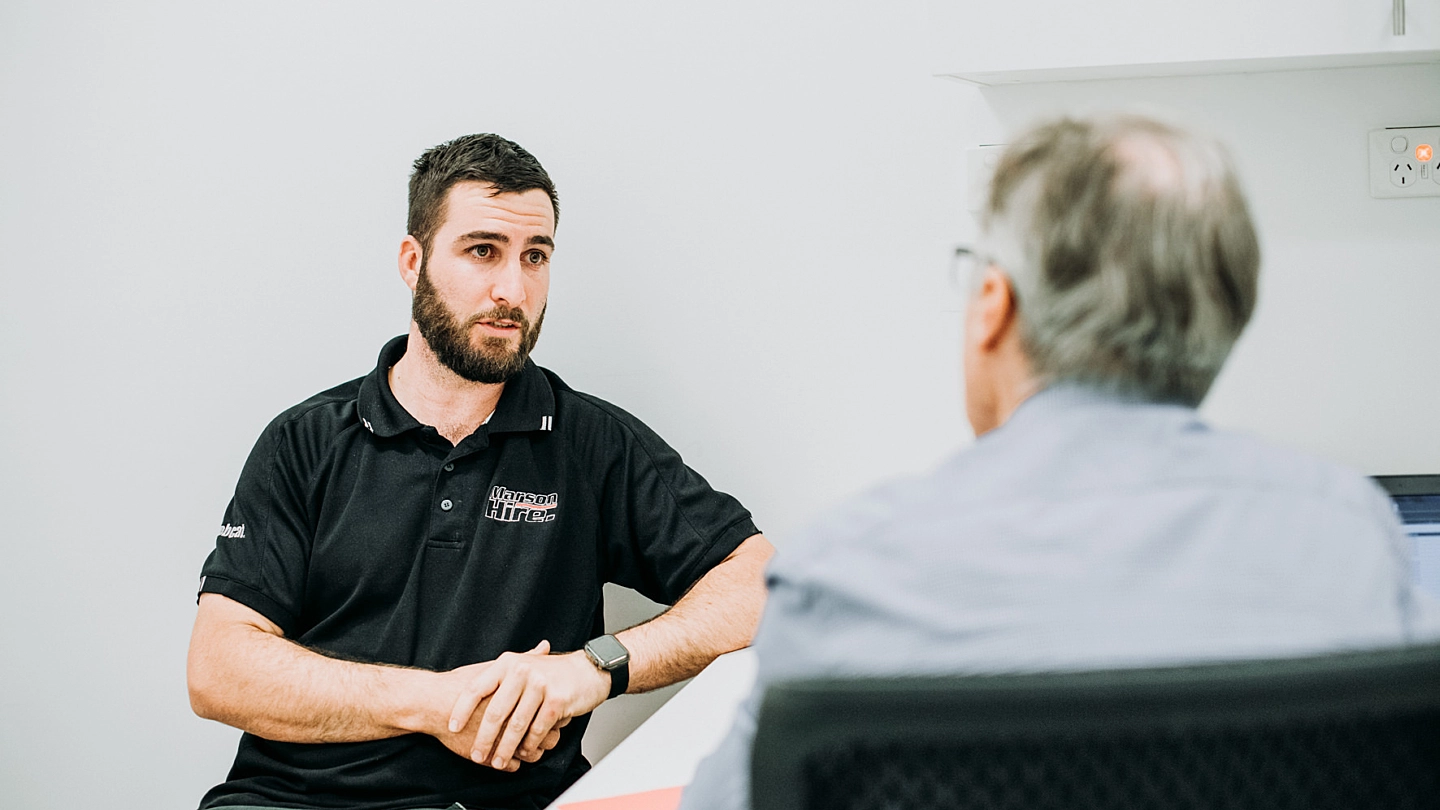Multiple myeloma is the second most common form of blood cancer.
It is currently incurable, and people living with it report the lowest quality of life of any cancer type.
The Supportive Oncology Group at SAHMRI has undertaken an in-depth review of current psychological care services for people with myeloma, finding that a far more holistic yet personalised approach is needed.
The team’s Psychologist Natalie Tuckey says their review, which was published in the Clinical Lymphoma Myeloma and Leukaemia journal, identifies the key reasons behind people with myeloma experiencing such low quality of life.
“The fact that there is no cure is a major burden to carry, which can lead to chronic uncertainty, anxiety and depression,” Ms Tuckey said.
“The complexity of current treatment programs that aim to control the disease compound the psychological struggles and can have an enormous impact physically as well.”
The review led by Ms Tuckey found that existing psychosocial support is limited in scope, small-scale and focussed on short-term outcomes.
“There is very little support available that addresses the intertwined physical and psychological challenges such as fatigue, pain and fear of progression,” Ms Tuckey said.
“Perhaps the most concerning gap we found was the almost complete lack of services that involve caregivers, who also bear a significant emotional load.”
The research team is calling for a comprehensive rethink of support services for people with myeloma and its precursor conditions, ensuring they provide for both patients and carers, and are embedded at every stage of the treatment journey.
“Most importantly, we need to involve people living with myeloma, and their carers, in how we design support services,” Ms Tuckey said.
Dom Scoleri was diagnosed with multiple myeloma more than 10 years ago and was a vital contributor to the research team until his recent passing.
A project manager by profession, Dom shared valuable insights about his experiences of managing his myeloma like a ‘project’ – a strategy he used to promote his wellbeing and resilience.
Dom brought warmth, wisdom and a “glass half full” spirit to every interaction with the SAHMRI team. His insights and optimism continue to inspire the team’s dedication to build better, more compassionate strategies to support people living with myeloma.
Myeloma is the uncontrolled growth of plasma cells within bone marrow, which overwhelms healthy blood cells leading to a range of problems including weakened immunity, bone damage and renal issues. These effects, combined with the burden of treatment, make living with myeloma particularly challenging.





